////
I love coming across things that articulate half formed thoughts perfectly…
At this point, we’ve gotten really great at “writing it down” We’ve been trained to take notes, snag photos, and add things to our bookmarks so we don’t forget about them. The more important question that nobody has bothered to ask is what to do with it all. Components are ultimately the building blocks of a story, project, or idea, but accumulation means nothing without connection. What are the footprints of your life adding up to?
Source: Alex Tan via Common Discourse.
////
///
It seems odd to me that the only AI conversation related to education is around cheating.
I was always interested in material, but was a poor student. Because I enjoy asking questions and schools reward memorization of answers.
I listened to a daily episode about kids cheating in college classes by having AI write their contributions to the class forum.
But, a forum is exactly the kind of place that should be evaluated based on contribution to the conversation rather than by amount of knowledge recited.
Why not use Chat GPT and the like to teach critical thinking? have it give you an overview of a subject matter, then try and find something to disagree with. Build cheating into the homework, and ask them to find the error.
Are there ways to cheat doing this? Sure. But there were plenty of ways to cheat before AI too. Trust me.
///
///
“Create a space for projects with lower ambitions, to focus on simple executions of simple ideas”
big believer in this. Not as good at living the belief, but getting there.
////
img
////
This feels like retrofitting, but the matrix may be helpful for anyone working on ideas at the moment.
///
Tom Critchlow has been a major source of knowledge for me as I’ve taken on this independent business path.
One thing he talks a lot about is “thinking in public”
So, in an effort to give STRAT_SCRAPS the business a bit more identity, I am building a separate site for the strategy consulting business.
It isn’t done. But I want to build it via “thinking in public” – so here is the WIP StratScraps Consulting website.
*You can move the chairs!
///
///
The next two books I plan to buy:
///
According to Creative Directors…
Q: What well-meaning practice or habit is in fact frustrating? Answers:The slides on data. I know it's interesting to you, just get to the insights from the data and research you've done.Big words because you don't have concise onesWriting loads and loads to 'set the scene'Adding too many slides to a presentation deck in an effort to explain how we landed on a strategy.30-slide decks to make the strategy as creative as possible.Too many wordsDeep diveLong decks that lose my attentionData and information dumpingGiving too much information that clutters the brief.Very long slide decks. Filter it down! Talking too theoretically - be more real world and practical.It's annoying when strategists beat around the bush with a bunch of information instead of being direct and conclusive.Providing too much detail
A bit of a recurring theme… How are you going to fix it in your next deliverable?
////
img
////
Small talk build trust. Specific questions build momentum
////
I’ll end with an important set of (hopefully) familiar reminders
WEEKLY MONSTER
ABTNM (always be tryin new mediums)




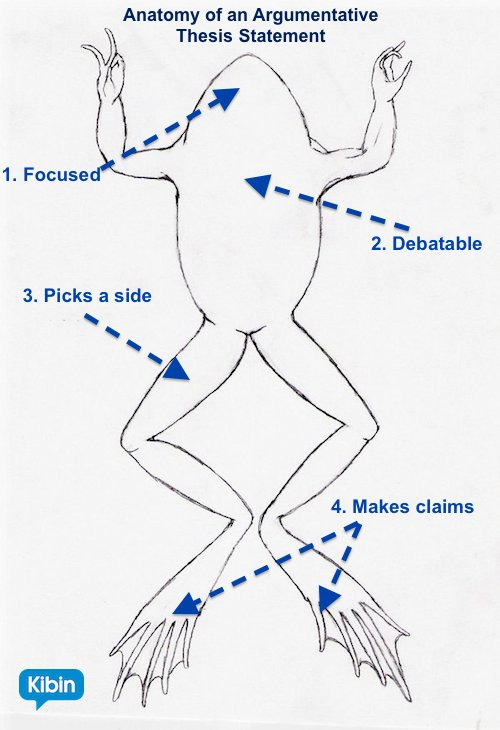
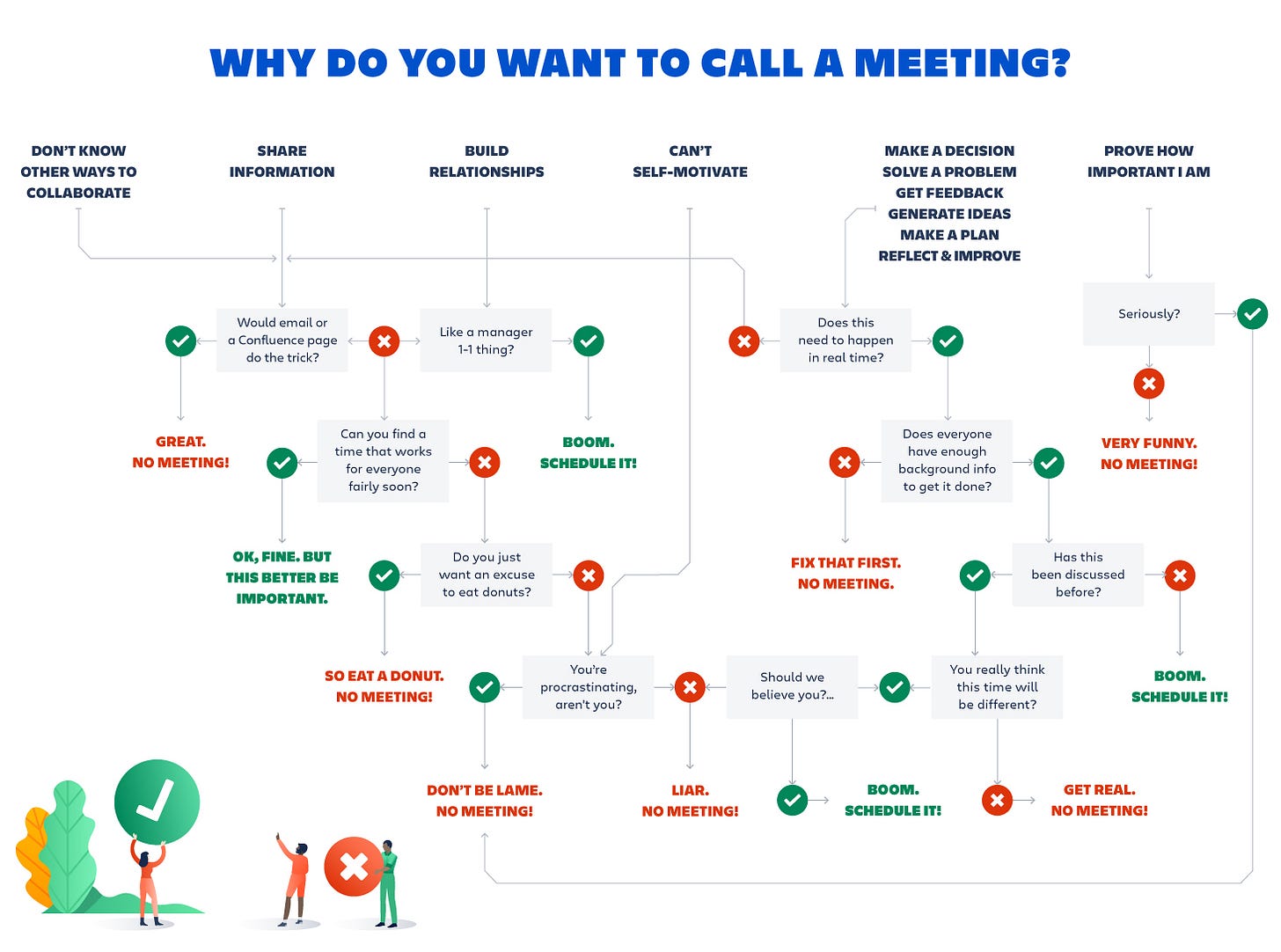
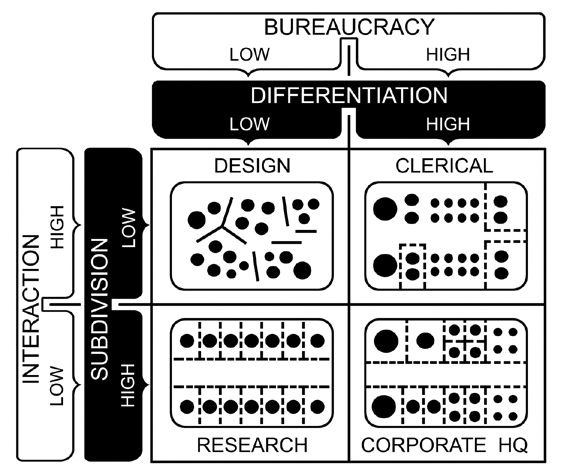

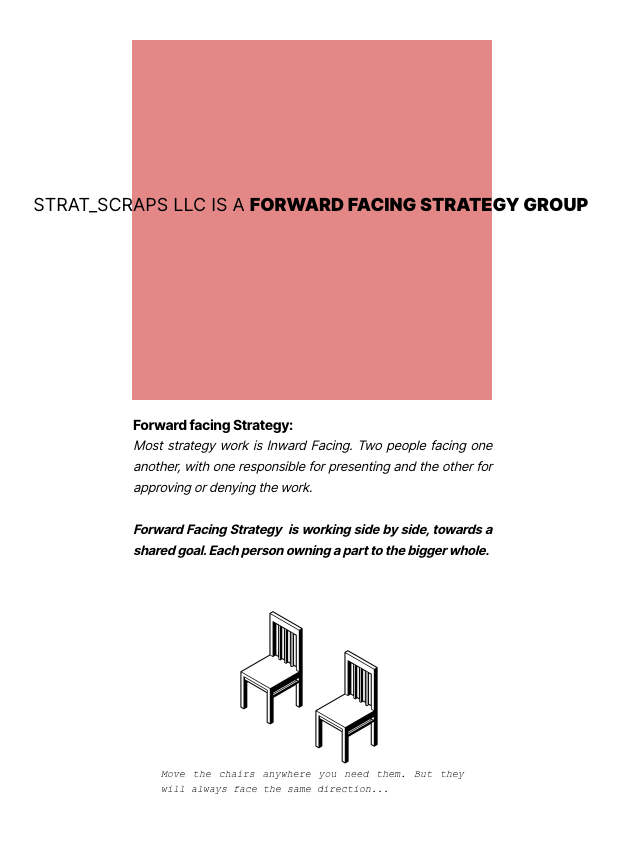
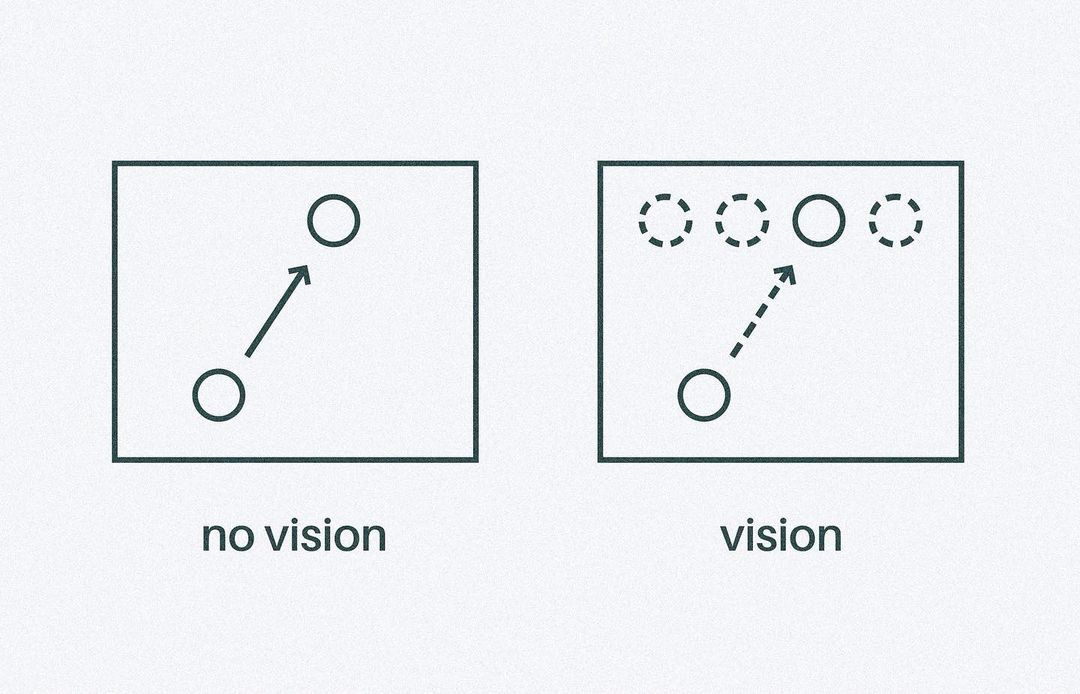




Hi Alex, great newsletter as usual. Can I just ask if you have the source for the "familiar reminders" screenshot/scan? Looks incredibly useful
Great curation 👏👏 thank you. I came from @STORYTHINGSNEWSLETTER Newsletter.
I wonder what's the title of the book of that periodic table. I am interested in the subject.